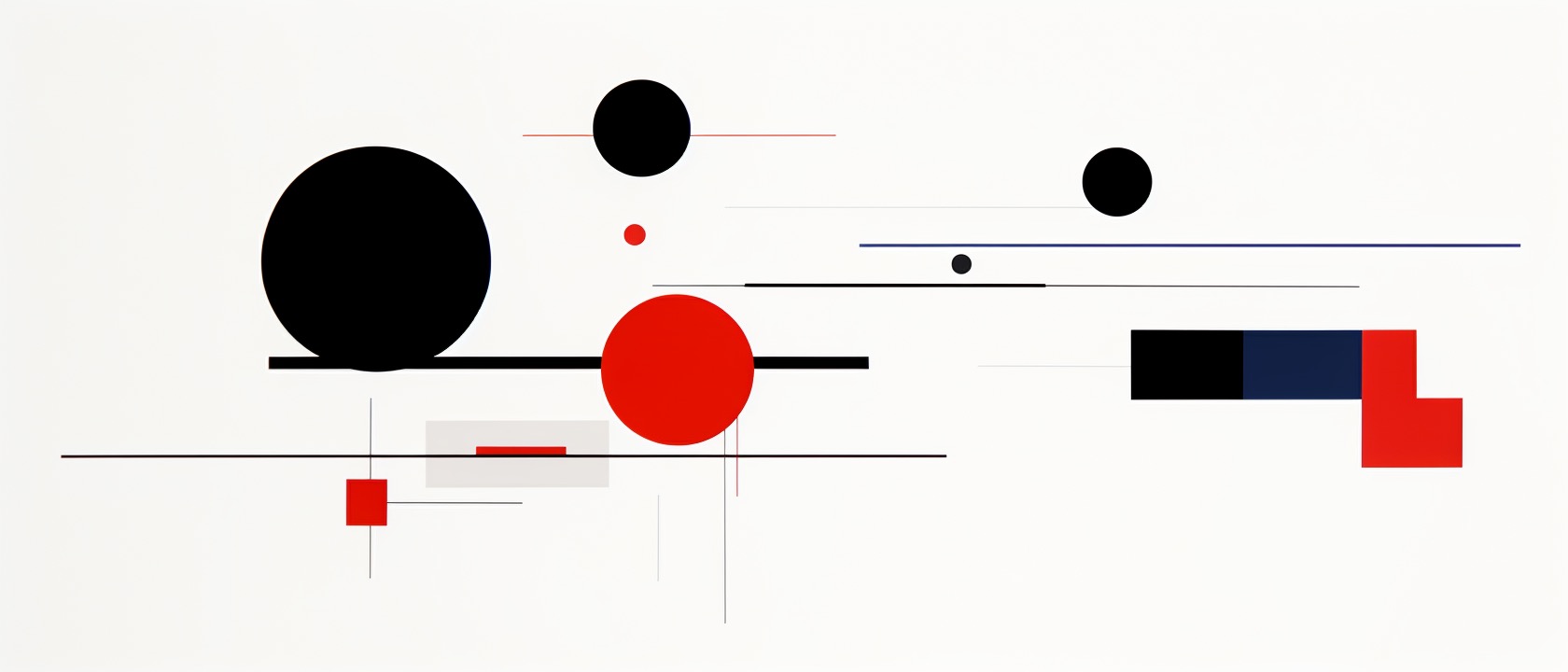Illusory Superiority and a Superiority Complex are both related to how people perceive themselves in relation to others, but they differ in their psychological underpinnings and manifestations:
Illusory Superiority:
- Definition: This is a cognitive bias where people tend to overestimate their own abilities, qualities, or traits compared to others. It is also known as the “better-than-average” effect.
- Nature: It’s unconscious and widespread. Most people experience it at some level, without actively thinking they’re superior.
- Examples: People believing they’re better drivers, smarter, or more skilled than the average person, even when they’re not.
- Cause: Cognitive biases, lack of self-awareness, and the tendency to view oneself in a more favorable light.
Superiority Complex:
- Definition: This is a psychological defense mechanism where an individual has an exaggerated sense of superiority, stemming from deep-seated feelings of inferiority or inadequacy.
- Nature: It’s more conscious and tends to manifest in personality and behavior. People with a superiority complex might actively assert or behave in ways that signal their perceived superiority.
- Examples: Someone constantly bragging about their achievements, belittling others, or refusing to accept criticism because they believe they’re better than everyone else.
- Cause: Underlying feelings of insecurity or inferiority, which are compensated by outwardly projecting superiority.
Key Differences:
- Conscious vs. Unconscious: Illusory superiority is often an unconscious bias, while a superiority complex is a more conscious behavioral pattern.
- Prevalence: Illusory superiority is a common human trait found in many people, whereas a superiority complex is more likely to be a characteristic of specific individuals with certain psychological needs.
- Root Cause: Illusory superiority is caused by cognitive biases and a lack of accurate self-assessment, while a superiority complex is often a defense mechanism to hide feelings of inferiority.
In short, illusory superiority is a widespread bias in self-assessment, while a superiority complex is a personality trait driven by deeper psychological factors.
